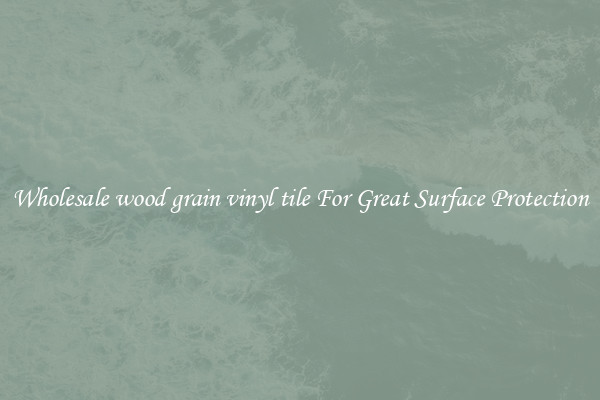Wholesale crystal surface roughness For Various Testing Purposes
Wholesale Crystal Surface Roughness for Various Testing Purposes

Crystal surface roughness plays a crucial role in different testing processes across various industries. It provides valuable information about the quality, durability, and functionality of the crystal products. Wholesale crystal surface roughness testing is essential for manufacturers, researchers, and designers to ensure the desired performance of their products and to meet the stringent standards set by their respective industries.
Crystal surface roughness refers to the irregularities or variations in the texture, consistency, and smoothness of the crystal surface. Measuring and analyzing these irregularities is critical for understanding how the crystal will interact with other materials, how it may wear over time, and how it impacts the overall performance of the product.
There are several methods to evaluate crystal surface roughness. The most common technique is using an instrument called a profilometer, which measures the height variations on the surface of the crystal. This device utilizes a small stylus or a laser beam that scans the crystal surface and provides a detailed profile of its roughness. This data is then analyzed and quantified using various parameters such as Ra (average roughness), Rmax (maximum roughness), Rz (average peak-to-valley roughness), and Rt (total roughness).
Wholesale crystal surface roughness testing is crucial for different industries. In the electronics industry, for example, the roughness of crystals used in electronic devices can significantly impact their performance, signal quality, and longevity. Wholesale testing can help manufacturers ensure that their crystals meet the required specifications for optimum functioning.
In the automotive industry, crystal surface roughness testing is essential for components such as engine parts, bearings, and gears. Rough surfaces can lead to increased friction, wear, and reduced overall efficiency. Wholesale crystal surface roughness testing allows manufacturers to identify and address any issues before these components are used in vehicles, ensuring their reliability and performance.
The medical and optical industries also heavily rely on crystal surface roughness testing. Whether it is for medical implants, lenses, or microscope slides, a smooth surface without any irregularities is crucial. Wholesale testing helps identify any imperfections or defects in the surface, ensuring that these products function optimally and minimize any potential risks.
Furthermore, wholesale crystal surface roughness testing enables researchers and designers to explore new applications and push the boundaries of technology. By understanding the surface roughness of crystals, they can develop innovative solutions for various industries, including energy, aerospace, and telecommunications.
In conclusion, wholesale crystal surface roughness testing is essential for various testing purposes across industries. It provides crucial information about the quality, performance, and durability of crystal products. By using proper measurement techniques and analyzing the data, manufacturers and researchers can ensure that their crystals meet the required specifications and deliver optimal performance in their respective applications.

View details

View details

View details

View details








